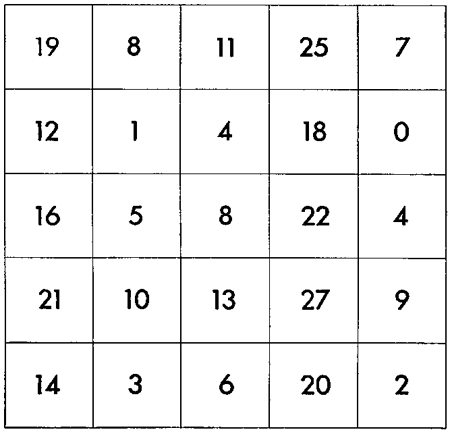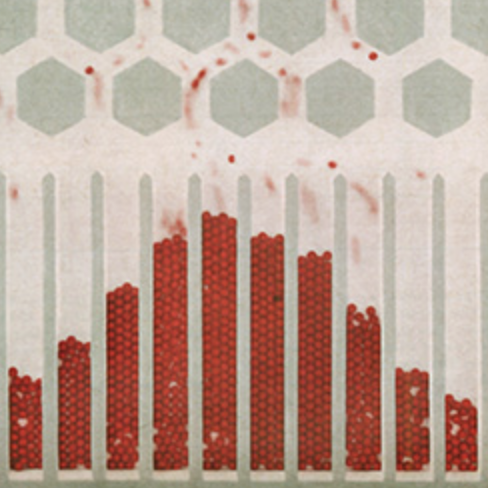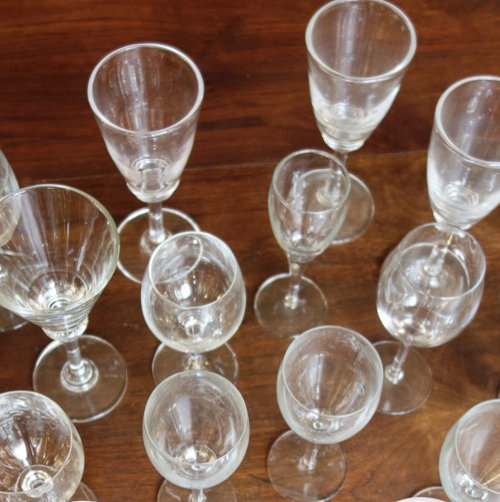Library Daze
by Brian Hayes
Published 5 March 2006
I used to play hooky at the library. That tells you what kind of reckless, rebellious youth I was. When I skipped school, I would take the subway downtown and spend the day in the sunstruck Science and Industry room of the Free Public Library of Philadelphia. Another time, at the end of my junior year in high school, I told my parents I was going to the beach for the summer, a fib I had concocted so they wouldn’t worry about me; I actually ran away to the Van Pelt Library of the University of Pennsylvania, where I wrote a novel about a kid who goes to the beach for the summer. (Yes, I know, what a waste! Next time I’ll write about a kid who goes to the library for the summer.)

I confess these truancies in order to make the point that I have a longstanding, sentimental attachment to libraries. This is not a matter of nostalgia; I’m not someone who wants to abolish the Internet and bring back the card catalogue. But entering a library always brings me an intense anticipatory pleasure, tinged with the remnant sensation that there’s something mildly illicit about it: I’m not doing what I’m supposed to be doing, I’m doing something better.
This weekend I have again run away to the library, with the excuse of tracking down a few fugitive references for an upcoming column. One item I needed was at the Library of Congress. My last visit there was some six years ago (pre-9/11), and I expected a bristling security gauntlet. Strolling up to the library from the Capitol South Metro station, I couldn’t help noticing how Washington has become a city of bollards and barricades. The measures to fend off truck bombs—especially the massive steel barriers that rise hydraulically out of the street—are somehow more conspicuous than the monuments they protect, just as at the zoo we see the cages more than the animals.
Inside the library, however, not much has changed—and happily it still feels like a library, not a prison or an army base. Renewing my reader card took less than five minutes; getting through the x-ray and the magnetometer and the body scan was as easy as boarding an airplane; soon I was installed at a mahogany desk under the Italianate octagonal dome of the Jefferson Building. I think this room may be my favorite among all library locales. Yes, the main reading room at the British Museum is bigger, and Room 315 at the New York Public Library carries more clout in American literary circles, but the Jefferson reading room has them beat for charm and comfort. It’s just like Washington itself. I think Henry Adams said—or at least he should have said—that no matter how big and powerful Washington becomes, it will always be a provincial capital. Likewise the Library of Congress, though a truly great library in some respects, will always be a place where dabblers like me can come and pretend they’re doing real scholarship.
(By the way, has anyone ever pointed out that the reading room of the New York Public Library is all rectilinear rows and columns, like the Manhattan streets, whereas the reading room of the Library of Congress has concentric rings and radial avenues, like the city that surrounds it?)
Along with southern charm, the LC also offers remarkable efficiency. Books burble up out of the unseen stacks on a conveyor system that makes the softest possible ticking and swishing noises, quieter than silence itself. In less than 40 minutes a crepe-soled messenger delivered the volume I’d come all this way to see:
Wagner, Rudolf: Gespräche mit Carl Friedrich Gauß in den letzten Monaten seines Lebens. Herausgegeben von Heinrich Rubner. Göttingen: Vandenhoeck & Ruprecht. (Series: Nachrichten der Akademie der Wissenschaften in Göttingen. Philologisch-Historische Klasse; Jahrgang 1975, Nr. 6.) P3 .N33 Jahrg. 1975, Nr. 6
Now if only I could read German. I shouldn’t have cut so many classes.
Publication history
First publication: 5 March 2006
Converted to Eleventy framework: 22 April 2025



